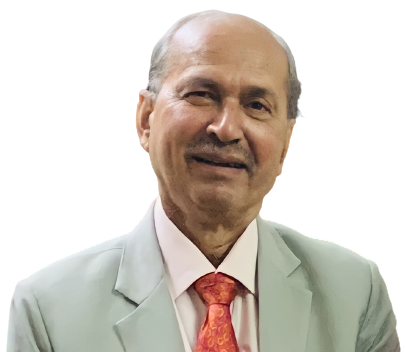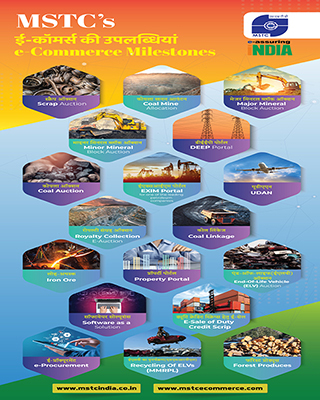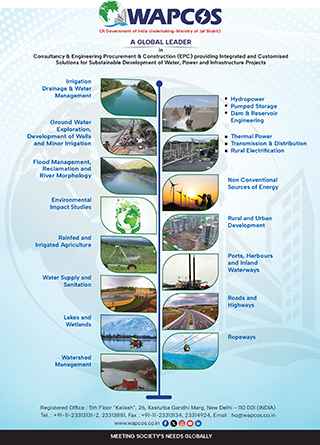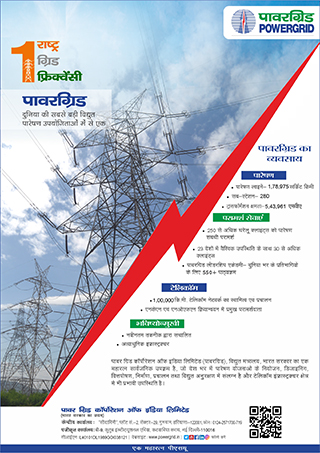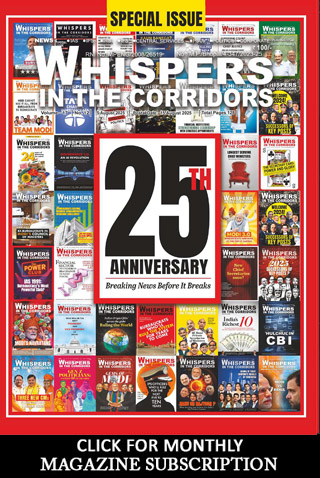whispers in the corridors
‘Syndrome of Layoff'
Layoff is a global drift nowadays. The termination of employees by a company, often for economic reasons and not due to employee performance is irritating. Layoffs are mostly seen in private sectors or foreign economies. With globalization, economic downturns and start-up culture, layoffs became more frequent. Market competition, automation and cost-cutting have normalized the concept.
The syndrome of layoff is not a formal medical or psychological term, but it can be used informally to describe the emotional, psychological and social consequences that people experience after being laid off from their jobs. Layoff syndrome might involve mental, emotional and behavioural responses experienced by individuals who have lost their jobs due to layoffs often leading to anxiety, loss of identity, stress and uncertainty about the future.
The effects of layoff syndrome include initial disbelief that it happened and difficulty processing the loss. Many tie their identity to their profession and losing a job may feel like losing a part of oneself. Then there are the financial anxieties such as worry over bills, loans, family support and future income. Persistent sadness, helplessness or nervousness sometimes leads to clinical depression. The motivational decline leads to reduced interest in job hunting or upskilling and feeling defeated or burnt out often leading to suicidal thoughts. The long-term consequences of this include reduced employability due to low confidence, relationship strains and physical issues due to stress.
Coping with a layoff can be emotionally and practically challenging, but it is also a chance for renewal and redirection if handled with awareness and resilience. The strategies to cope with such syndrome include acceptance, that is acknowledge that layoffs are often not personal, but economic. Secondly, upskill and adapt viz., using the time to learn new skills or switching career paths. Thirdly, structure your day, by job search, skill-building, networking and self-care. Also maintain a daily schedule, eat well and sleep properly. Stay physically and mentally healthy by not neglecting sleep or physical activity, practice mindfulness, journaling or meditation to manage stress and more importantly, avoid turning to alcohol, smoking or binge-eating as coping mechanisms. Fourthly, positive framing, that is, see it as a chance for redirection or growth by putting to use one’s hobby. Lastly, reflect and reevaluate by asking yourself, Was I truly happy in my previous role? What do I want next – a similar job, a career shift or freelancing? Use this break as an opportunity to align your work with your values and follow your passion. Many people come back stronger, happier and more fulfilled after a layoff, bidding adieu to the Boss (Burden on Subordinate Staff)-culture and whether with like or dislike, bending before the Boss, say goodbye to the traffic snarls, enjoy all day as Sunday, be your own and better with financial independence. Be like, FIRE – Financial Independence, Retire Early or FILE – Financial Independence, Leave Early. A final thought is that a layoff is an event, not a definition of your worth. No being can decide another person’s worth, rather it is a pity that proper use is not made of a worthful and skillful being and is made a victim of layoff, be it owing to emergence of Artificial Intelligence (AI) or lack of Human Intelligence (HI) of the so-called employer. Use layoff as a pause, not a full stop.
Subbiah Sridhar

